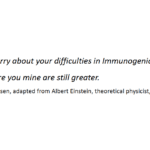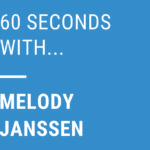
My abstract entitled ‘From a phase I ligand binding to a late phase cell-based potency assay for a pH dependent antibody with a challenging mode of action’, was recently accepted to be presented at the US Bioassay Conference, held 25-27 March in Seattle, WA.
The conference is organized by the BioPharmaceutical Emerging Best Practices Association (BEBPA) , a non-profit organization managed by and for the benefit of the biopharmaceutical scientific community.
I have been attending the BEBPA conferences for years now (mostly in Europe), and every year I am impressed by the quality of the talks and the exchange of expertise with like-minded professionals during the networking events.
BEBPA’s mission is to ‘to promote development of innovative approaches and solutions thus facilitating safer and faster biopharmaceutical product development’.
My talk will focus on a potency assay that I developed with my client, Staten Biotechnology.
Here a glance at the abstract and what you can expect:
Potency assays are a pivotal part of the development of any biologics.
Potency assays are bridging manufacturing with the clinics by translating properties and stability of a molecule with its biological activity.
Traditionally, potency assays are cell based and as such set up early in the process. During the various stages of the clinical and process development, the assay is refined until it is finally ready to be validated close to the final clinical stages and market authorization.
But there has been a shift in industry to start with ligand binding assays for early phases and have a cell-based assay for late phases when manufacturing is also close to be a validated process.
During this talk I will take you along with me through the different potency assays that were designed for a pH dependent antibody with a challenging mode of action.



